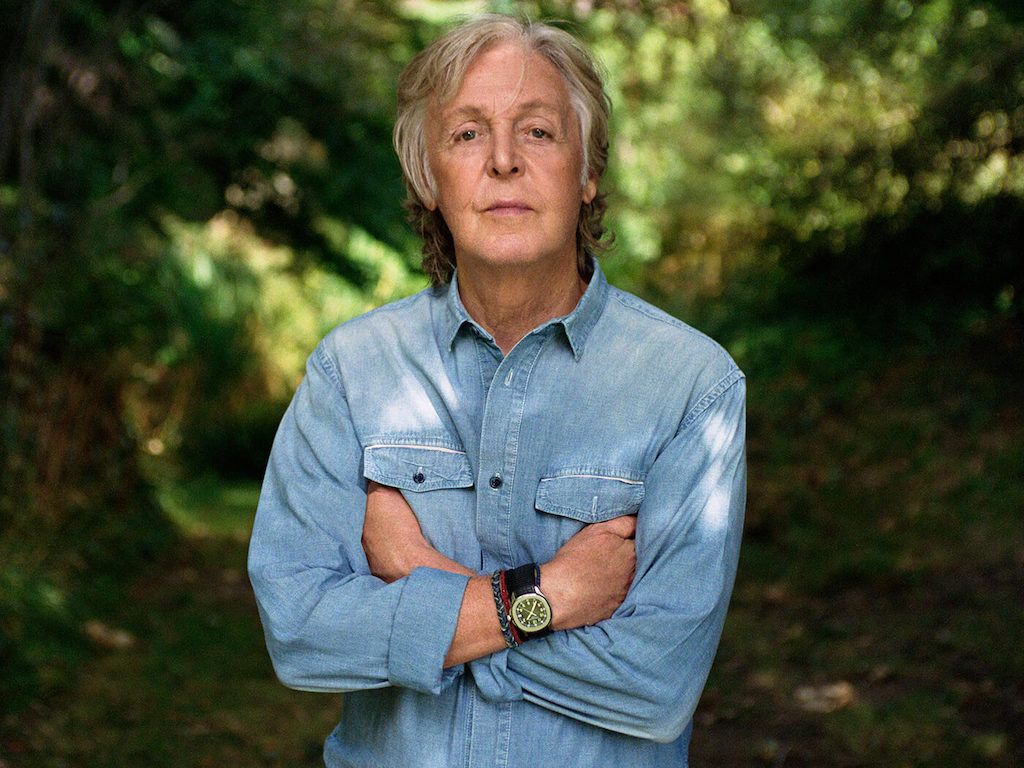3 Mins Read
One third of all people who partake in Meat Free Monday turn vegetarian after five years, a new study finds. The study indicates the effectiveness of promoting plant-based dietary shifts through campaigns that engage participants for a longer period of time, say the researchers.
New research has found that one in three Meat Free Monday (MFM) participants go vegetarian or vegan after five years. The study, conducted by Brighton and Sussex Medical School and commissioned by Paul McCartney co-founded MFM campaign, also found that 20% of those who ditched meat from their diets every Monday for three or more years would turn vegetarian or vegan.
Long-term behavioural change
According to the researchers, the findings show how campaigns that are able to engage participants over a longer period of time could leave behind a lasting positive impact on people’s dietary habits. The study focused on those who practiced MFM, which advocates for a reduction in meat consumption by eating meat-free once a week.

It involved data collected from over 650 people on the MFM platform who were meat-eaters at time of registration, through an online questionnaire and in-depth follow-up interviews with 18 participants.
“Our study showed that behaviour change campaigns like MFM are most effective if they can maintain people’s active engagement,” shared lead author of the paper Dr. Richard de Visser, reader in psychology at Brighton and Sussex Medical School.
“We now need to work on developing the best ways to keep this engagement, through providing the kind of support, information and advice that participants want.”
Plant-based diets for the climate
The goal of MFM and similar campaigns, like the Green Monday movement sweeping across Asia thanks to the eponymous Hong Kong-based company, is to encourage people to make plant-forward changes to their diet for the environment, animals and health.
With animal foods representing the most emissions-heavy products in the global food system, switching to a plant-based diet is often touted as one of the most impactful actions individuals can take to reduce their carbon footprint. Globally, animal agriculture drives nearly a fifth of the world’s GHG emissions, and is a major contributor to deforestation, soil erosion and water pollution.

“By skipping animal products one day a week, the environmental impact is substantial,” says McCartney. “For example, if every person in Great Britain skipped meat for one day, it would reduce our carbon footprint by more than if every car was taken off the road for a whole day.”
“For those people who end up moving to a completely veggie diet, there is obviously an even greater environmental impact,” added the legendary British musician, who has followed a vegetarian diet since the 1970s and started the meatless brand Linda McCartney Foods with his late first wife in 1991.
Going plant-based for health
In terms of the health impact of plant-based diets, there is an overwhelming bed of evidence suggesting the multitude of benefits that come with slashing meat and dairy intake.
Recently, a large-scale British study involving over 177,000 adults found that those who ditch meat from their diets scoring better on many health biomarkers connected to the likelihood of developing a range of illnesses such as cancer, cardiovascular and age-related diseases, as well as chronic conditions.
Another study links higher intake of protein from plants such as legumes, whole grains and nuts is linked to lower risk of developing a number of illnesses, including diabetes, heart disease and stroke.
All images courtesy of Meat Free Monday.




